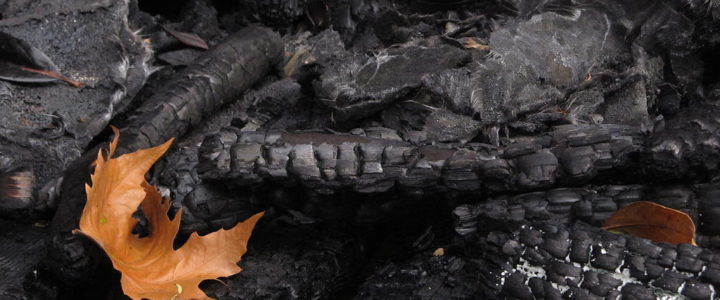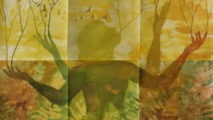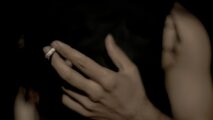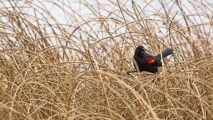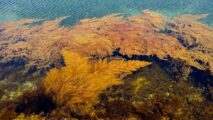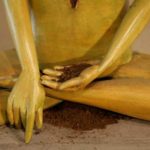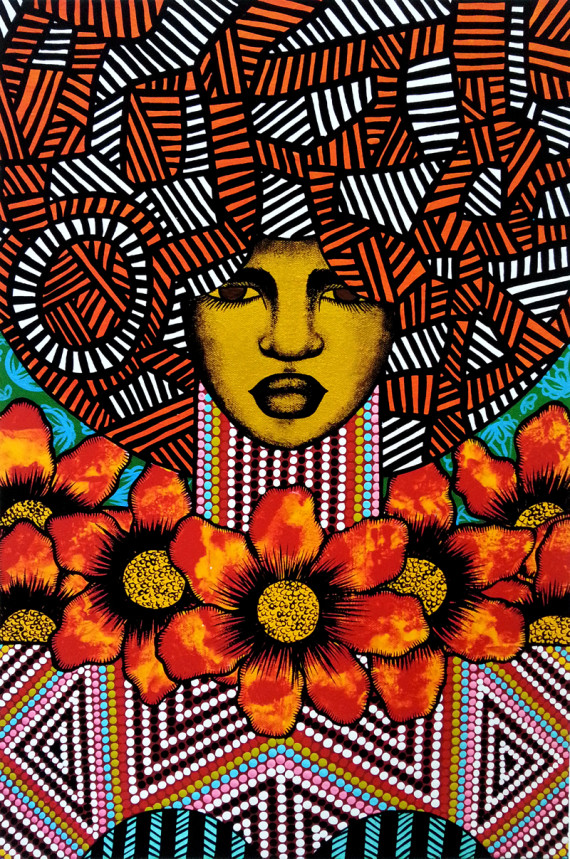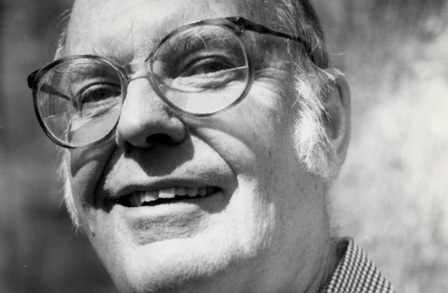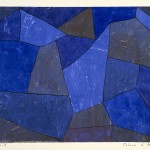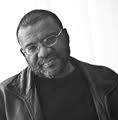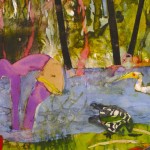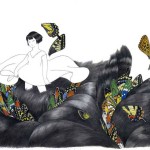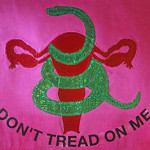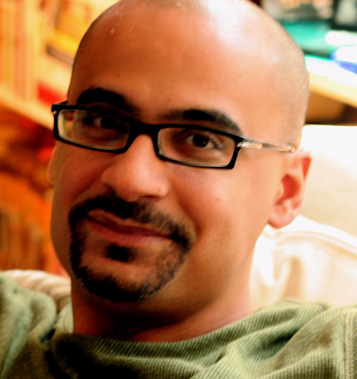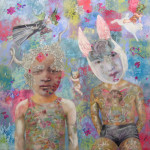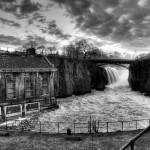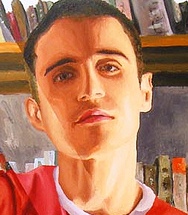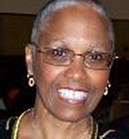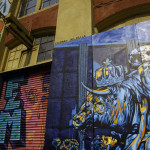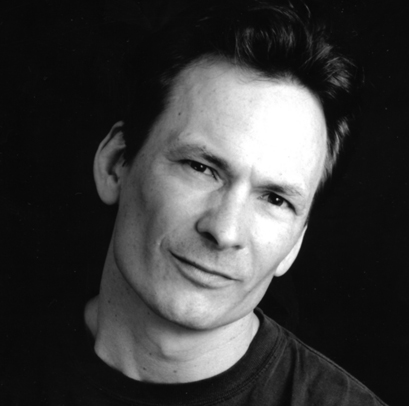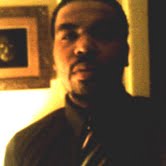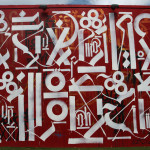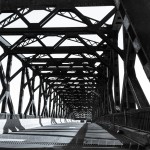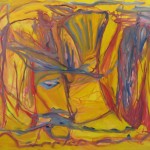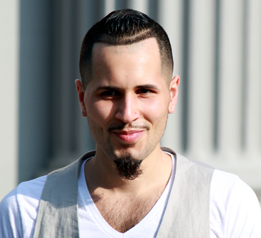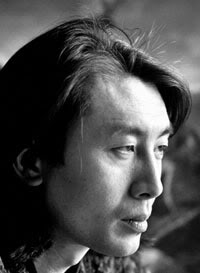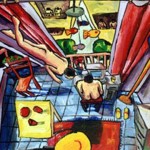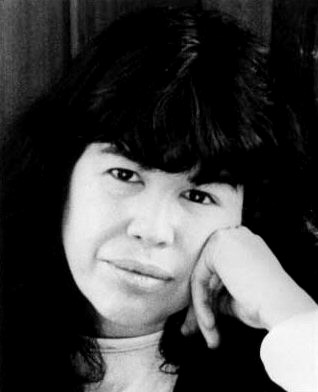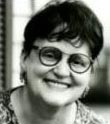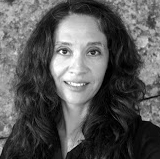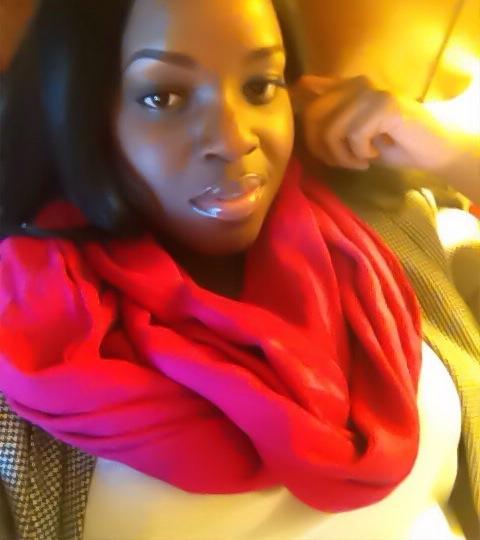MOTHER, MY ASHES
My house burned and now your ashes are mingled
with those of my home—
beds and scraps of poetry and walls.
The April skies are a blue hum that turns to gray water
when the winds come, and the bindweed
already strangles the clematis while I let it,
while I seek shelter.
Mother,
if you were here I would lean against
your strong, Austrian bones, touch
your weathered face and remind you
that every home is temporary, even that of body,
and you didn’t have to fight your death so much,
the ragged breathing and sweat in the nursing home,
which smelled like detergent and urine.
Mother,
if you were here you would find me a home.
I am so alone.
But I have friends and family, just not you.
In the evenings the liquor soothes me,
and when the sun drops over the mountains,
shadows stretch into my belly and nestle
in my empty breasts that once fed my children,
as you did me.
I become the rain and though the ground is thirsty,
I want the sun to cut through the trees and allow
the shade to do its dark work.
Father gave me a pill made of blood and rancor
and he told me if I swallow it, an apple tree
would grow in my body.
He gave me a glass of water and made me swallow it,
and you didn’t protect me.
It tasted like vinegar and metal.
It grew in me and God pushed me out of the jungle
into a city’s alley where discarded needles
punctured my feet and the man with the green coat
gave me a torn blanket.
At least now I’m never cold.
I forgive you.
Mother,
I remember how your ashes glinted warm on the Danube
and carried you to the Black Sea.
The only sea I know is the Saragossa Sea,
which has no shore.
ALICIA
Alicia, the highway hisses with rain
and April plants its green and buds.
Yesterday a poppy bloomed in the corner
of our yard and I thought it looked lonely.
Orange petals, gray sky.
Alicia, I want to walk with you holding hands.
You look like the desert to me—
chiseled cheekbones and eyes of clear, deep night.
I usually hide in bed from the night,
but yesterday I drove home late
and a small fox crossed the road.
I wondered what it was hunting.
Its eyes in the headlights reminded me of yours.
Alicia, I do not know you.
You are big-boned and strong.
The bears amble out of their dens.
I always wonder how such large bodies
can live off of berries and plants.
My body is shrinking.
I’ m trying to fit into this crowded world,
find a cubby I can call home.
But like the bears I need to roam.
Alicia, I am lost.
Once I climbed Green Mountain with my mother.
I was thinking of leaving home
and the blue-eyed man I’d left behind
in the Midwest where the ice teased my feet
and the leaves of the oak trees were as big as my hands.
My mother told me nothing to expect from the world,
just trudged with her breath and Austrian bones.
Alicia, I miss my mother.
You remind me of her.
Both of you talk about wars
and poisonous mushrooms and dry wells
in the desert or the Alps.
Both of you know these countries and borders
better than I.
The barbed wire of borders has torn my hands
and I do not know what country is mine.
Let’s build a home near the river where the cottonwoods
dance in the wind, where in piercing sun
we can always find shade.
I have tangled shadows in my body.
When I unravel them, I see your silhouette.
Alicia, let’s take the night and move to the desert.
I promise we’ll find water.
Sometimes the rivers flood with snowmelt
and the thirsty soil drinks.
We need to build a home far enough away
where the river can’t catch us
but we can still feed from its trout.
Everyone’s a refugee
and the wars will not keep pace with us.
Aicia, let’s go home.
SARAH, THE FLOWERS
Sarah, the lilacs are about to bloom,
their flowers packed tight and ready to burst.
You have been stitching up the dead,
your thread as thin as the air here.
The wealth of April’s green belies
the dark grave you dig for your daughter,
and its flowers tease us.
They are wealthy with their blooms.
Sarah, we have known too much poverty.
Yesterday you showed me the eagle’s nest
on the cottonwood along the ditch.
I wondered what it was made of.
My nest of cotton and wood is only a through station.
I will leave.
Will you follow?
Midnight came last night without me.
I was asleep when my children watched the moon.
I dreamed you and I were building a ladder
out of sticks and bones.
Maybe our nest needs to be high like the eagle’s.
Sarah, we spend too much time on the ground.
Once I crafted airplanes out of paper
and climbed mountains as big as God’s frown.
He shrugged me off the heights
when my people died,
and now I prune gardens and save coins.
Sarah, I am tired.
Tomorrow is a basin I fill with water.
It is holy water for you.
Touch it with your finger and cross yourself—
heart, third eye, shoulders wide enough
to carry the world.
Water is a kind of home.
I’m only at home when swimming in lakes
or soaking in hot springs.
But the waves of the ocean are too big.
They scare me.
Sarah, I’m a coward.
You are brave, and you bury the dead with care.
I plant lilacs on your daughter’s grave.
Tomorrow will find us climbing.
The roses will also bloom,
but we must wait.
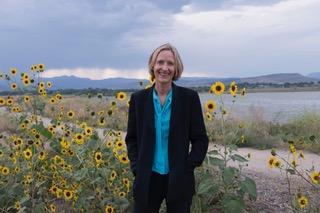 Kika Dorsey is a poet, educator, writing coach and tutor in Boulder, Colorado. While finishing her Ph.D. in Comparative Literature in Seattle, Washington, she performed her poetry with musicians and artists and wrote about German and Italian modern and postmodern writers.
Kika Dorsey is a poet, educator, writing coach and tutor in Boulder, Colorado. While finishing her Ph.D. in Comparative Literature in Seattle, Washington, she performed her poetry with musicians and artists and wrote about German and Italian modern and postmodern writers.
Her poems have been published in The Denver Quarterly, KYSO Flash, The Comstock Review, Narrative Northeast, The Columbia Review, among numerous other journals and books. Her chapbook, Beside Herself , was published by Flutter Press in 2010. Her full-length collection, Rust, came out with Word Tech Editions in 2016. Her book, Coming Up For Air, was published in 2018. She is an adjunct instructor of English at Front Range Community College and has tutored in their writing center since 2008. She is also the poetry editor of Plains Paradox.
When not writing, tutoring, or teaching, she taxis her teenagers to activities, swims miles in pools, and runs and hikes in the open space of Colorado’s mountains and plains.
Related Posts
« THE POET AS GLUTTON – Marlin Figgins Lingering Winter – Lorraine Amanda »
